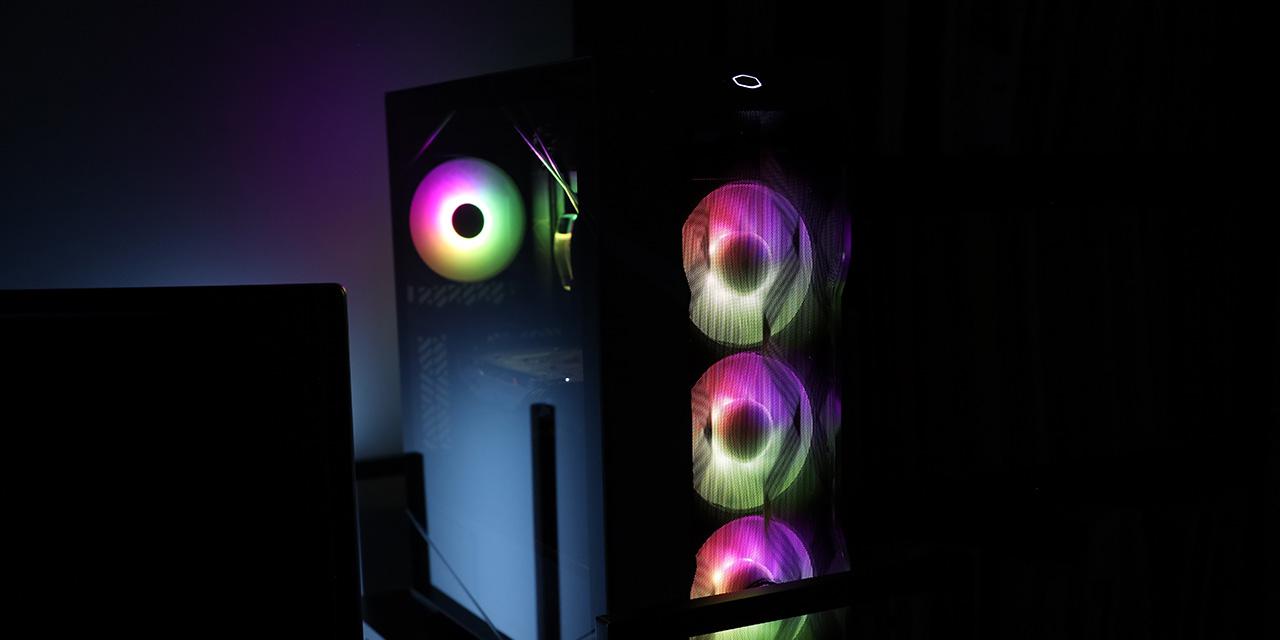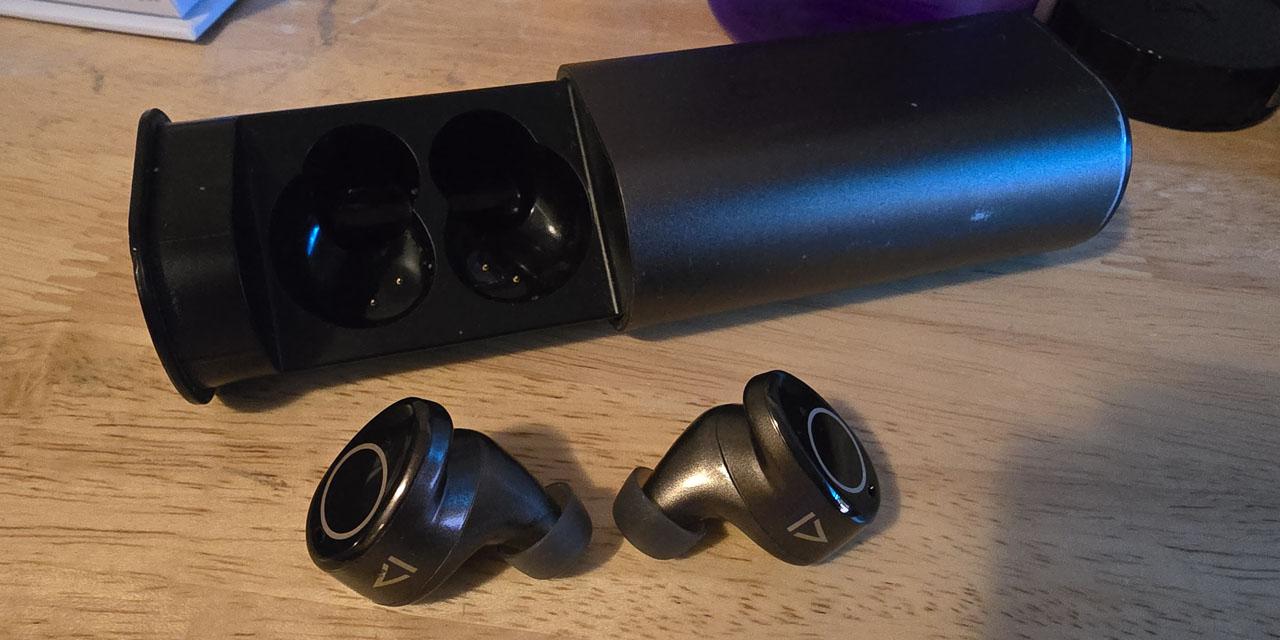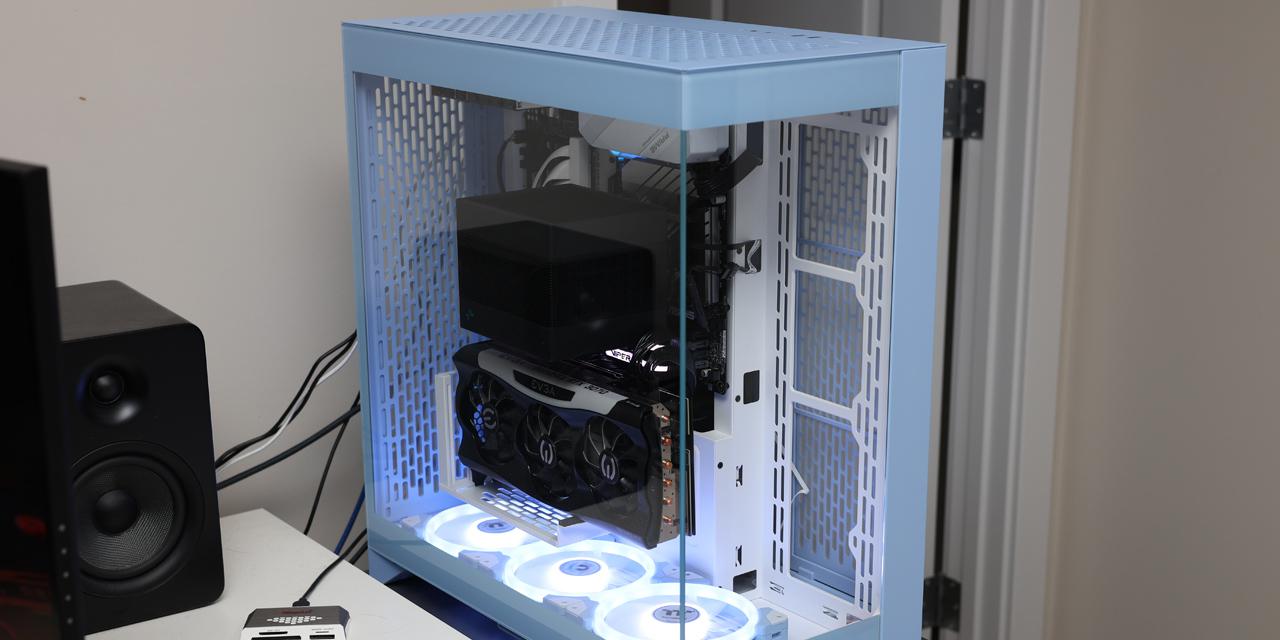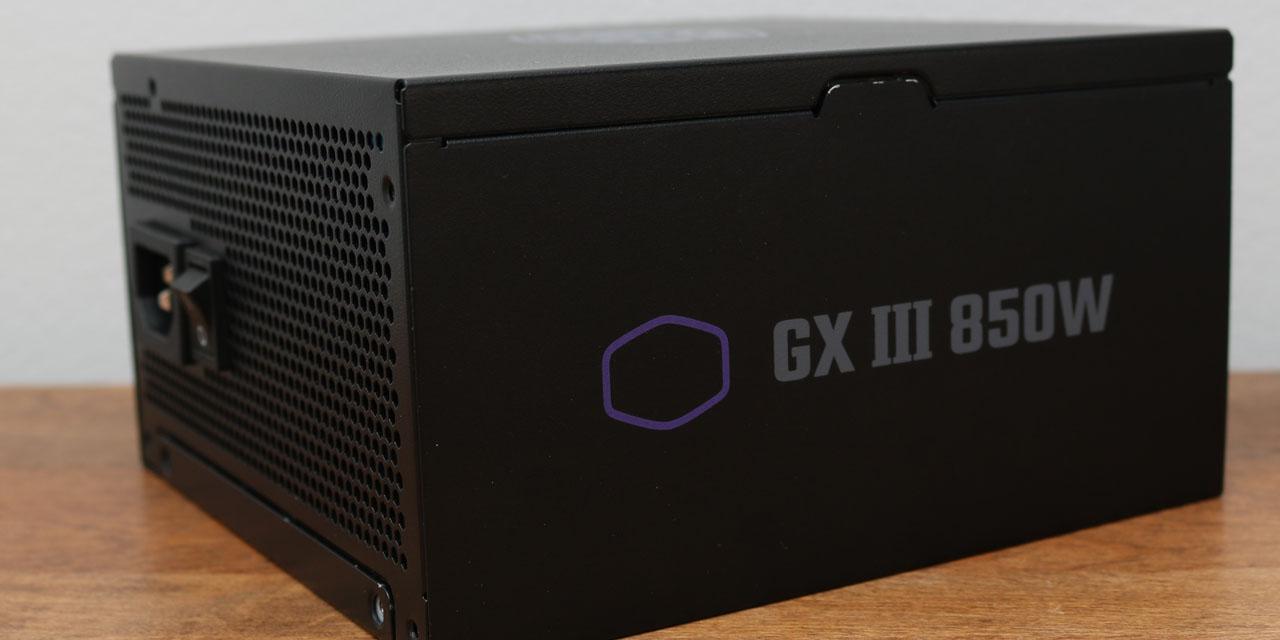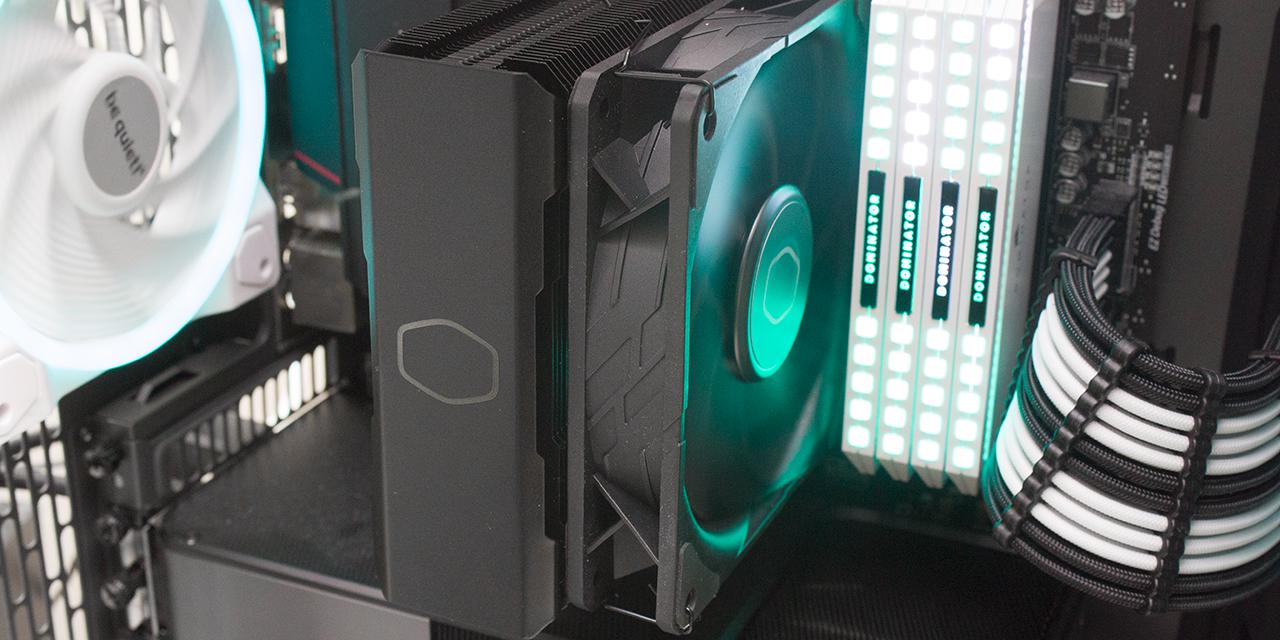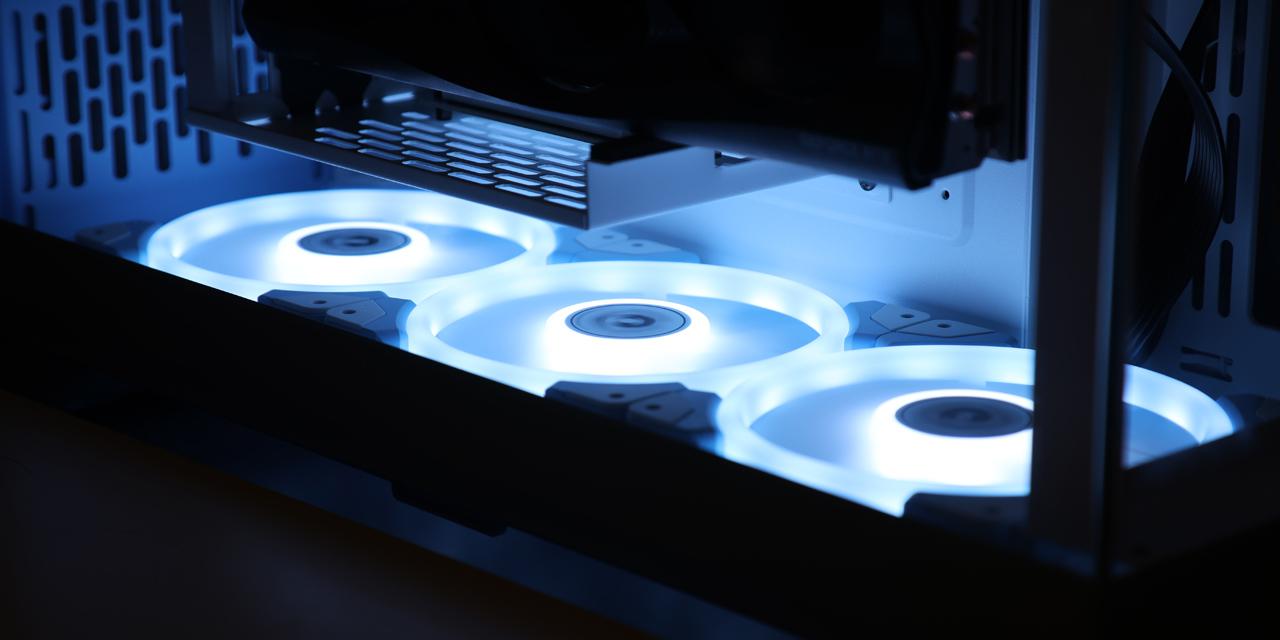From Tom's Hardware: WinFuture reports that Samsung is planning to release an new ARM-based laptop, the Galaxy Book4 Edge, that will compete in the high-end thin-and-light space. Samsung's notebook will come with Qualcomm's new 12-core Snapdragon Elite X chip designed for laptops, which purportedly boasts more performance than Apple's previous-gen M2 chip. The new notebook will reportedly launch for "around €1800" — that's $2074, although it's fair to expect actual U.S. retail pricing will be somewhat different due to tax and import regulation differences between Europe and the U.S.
This new laptop should be the first in Samsung's portfolio to sport the Elite X, which looks to be a massive step up from Qualcomm's previous ARM-based laptop CPUs, which have struggled to compete due to mediocre performance and compatibility issues. The Elite X promises compute performance on-par with recent Intel and Apple platforms. Clearly, Qualcomm is hoping its silicon will run some of the best premium laptops of the not-too-distant future.
The Elite X features twelve of Qualcomm's new 'Oryon' performance cores, clocked at up to 3.8GHz, with single- and dual-core turbo boost frequencies tuned even higher, at 4.3GHz. The integrated graphics is a Qualcomm's Adreno part that tops out at 4.6TFLOPs. Similar to AMD's new Ryzen 8000 mobile CPUs and Intel Meteor Lake chips, the Elite X also comes with an NPU featuring an impressive 45 TOPs of performance.
According to Qualcomm's own benchmarks, the Elite X is incredibly quick for an ARM-based CPU. The chip's twelve Oryon cores were able to outperform an Intel Core i7-13800H, Ryzen 9 7940HS, and Apple M2 in several CPU- and AI-intensive benchmarks. In Cinebench 2024 specifically, the Snapdragon X Elite was able to outperform the Apple M2 by over a factor of two. The Elite X looks to be the first non-Apple ARM-based CPU to boast competitive performance to Intel and AMD x86 chips. But of course, it's unclear under what thermal conditions Qualcomm ran these benchmarks, so them (and all company-provided test results) with a heaping helping of salt.
View: Full Article
